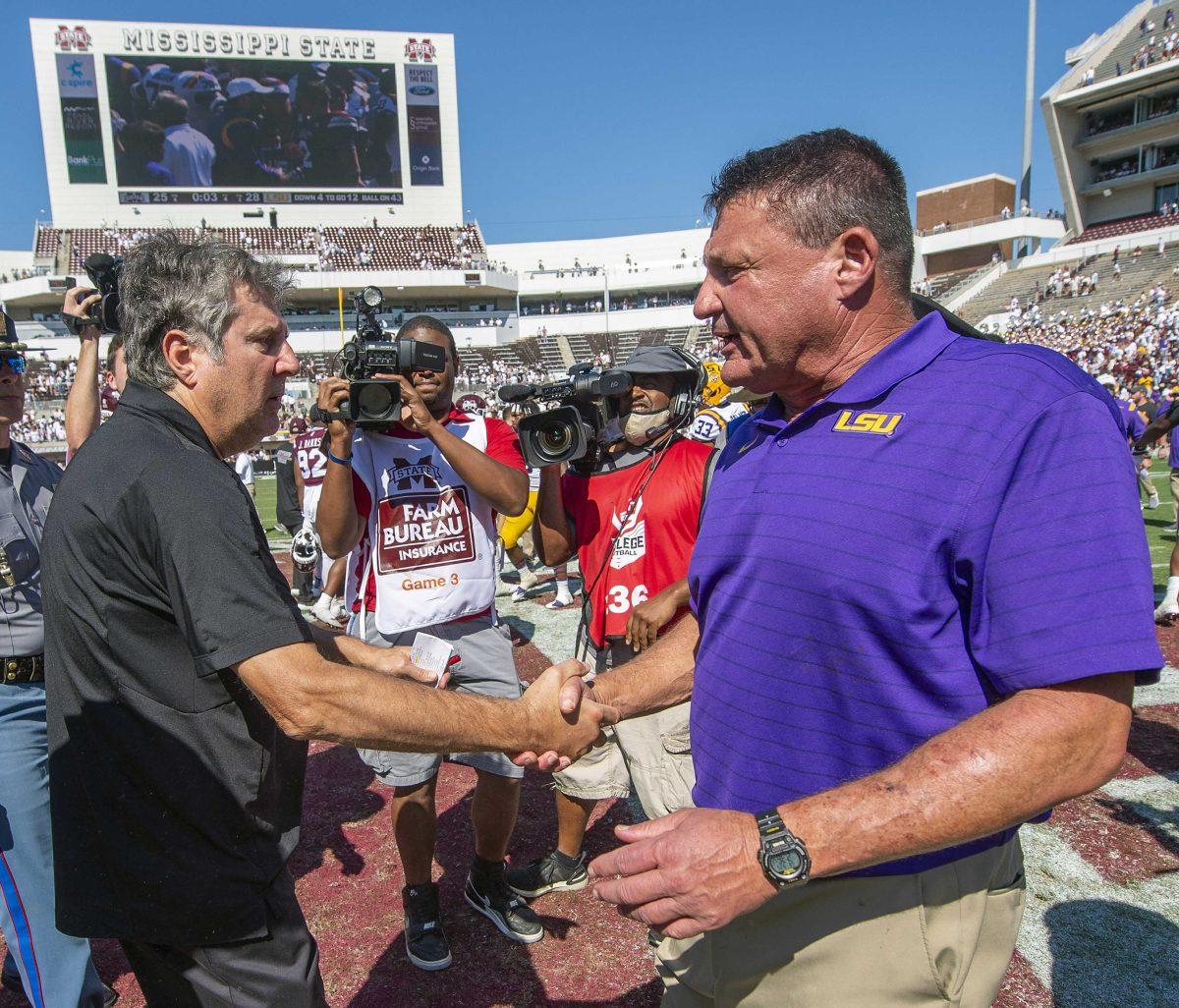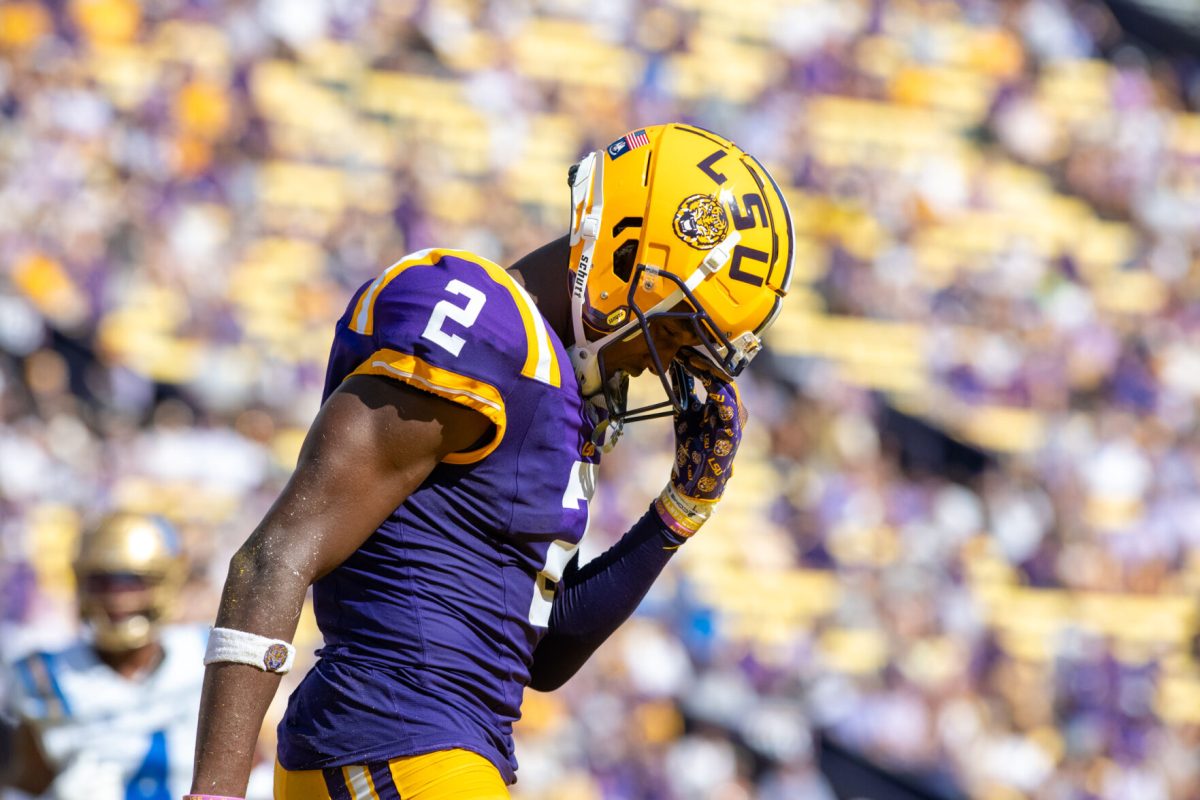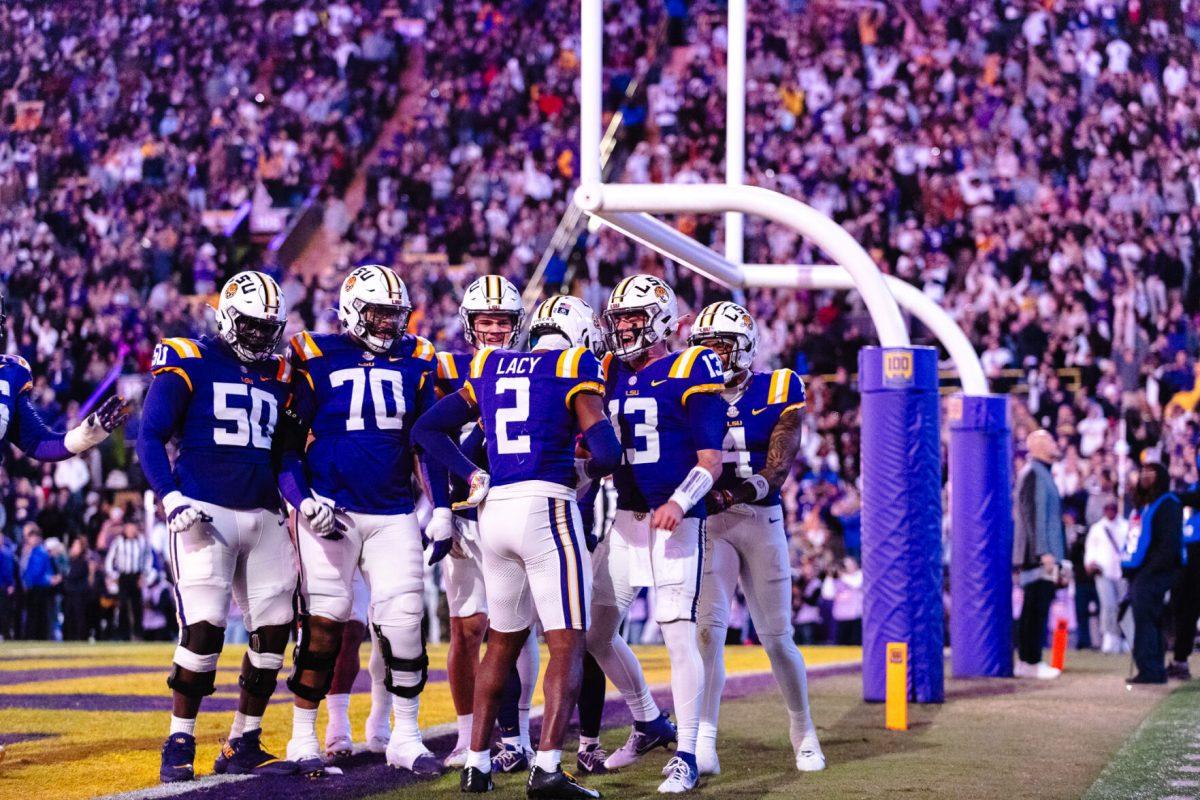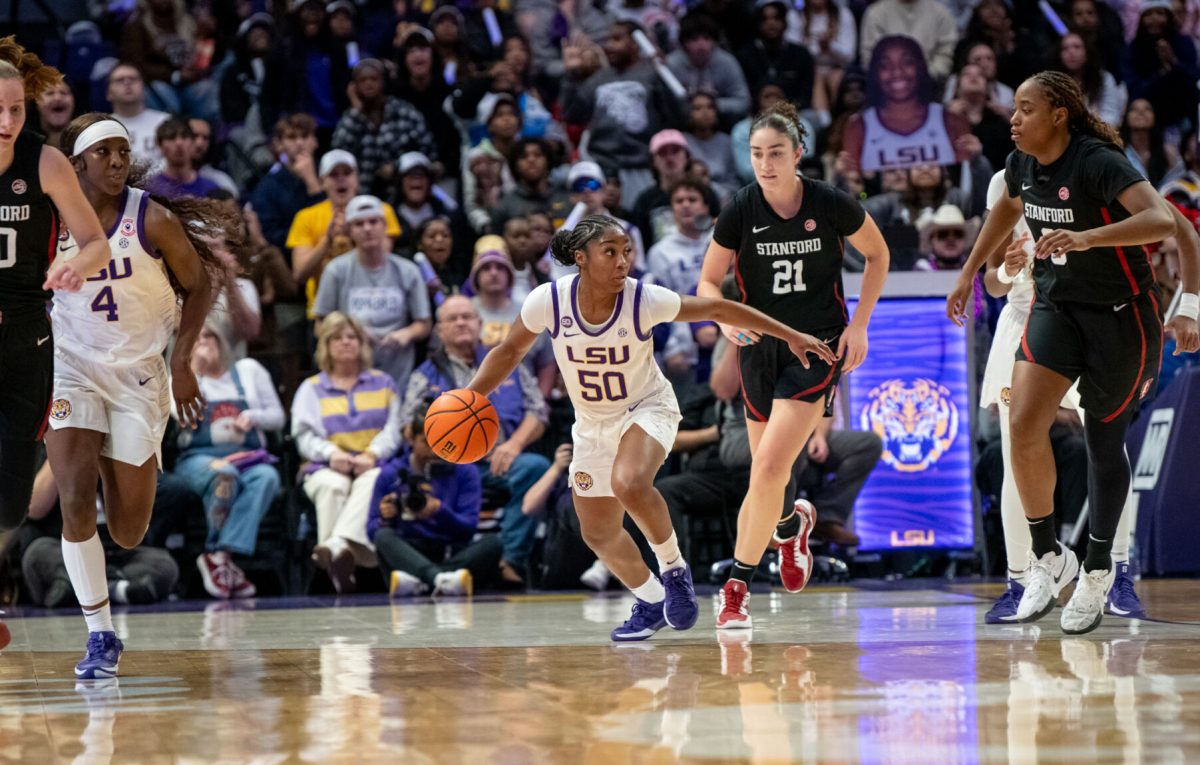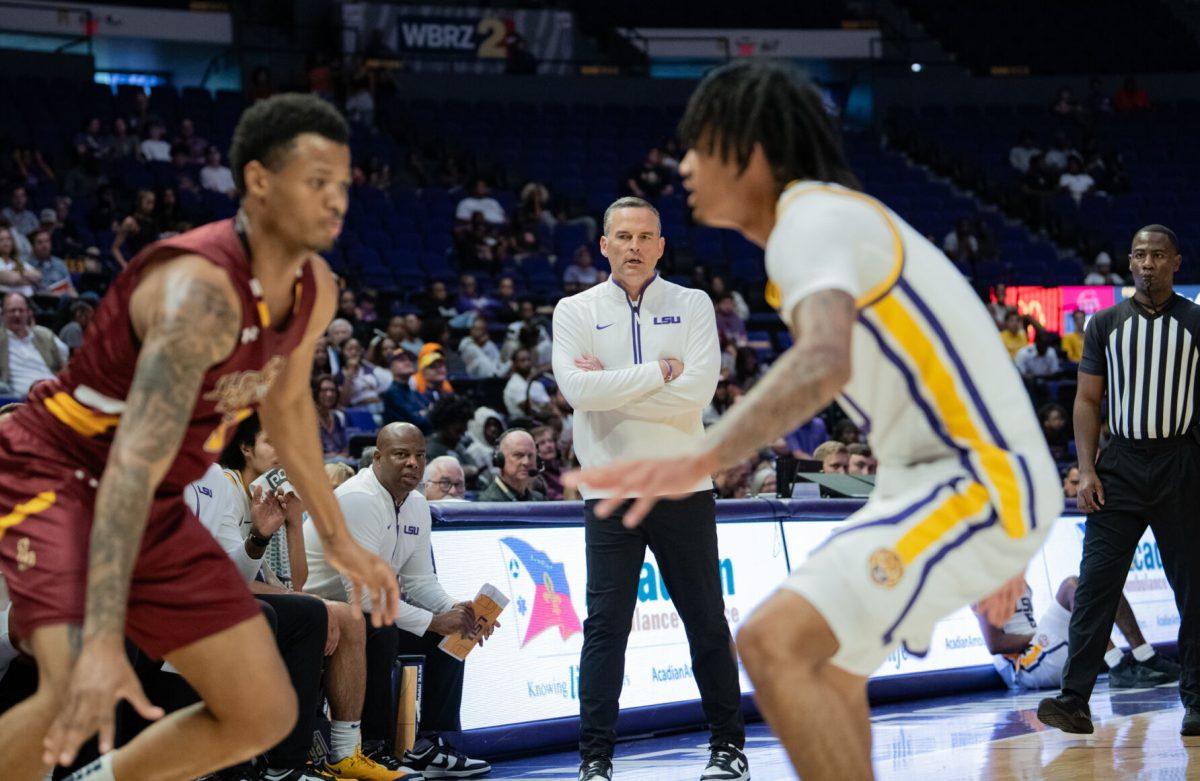When Mike Leach was hired as the head coach of Mississippi State football on Jan. 9, 2020, it represented a seismic change to the SEC landscape. One of the original innovators of the air raid offense, Leach had been the head coach at Texas Tech and Washington State before his move to Starkville.
The SEC had long been the most antiquated conference in the country offensively, with meat-and-potatoes, pound the rock, defensive-minded football being preached in every locker room. That was starting to change.
Teams like Alabama and LSU were in the process of modernizing their offenses to great success, with quarterbacks Tua Tagavailoa and Joe Burrow putting up some of the best passing stats in the country and with LSU of course winning the 2019 College Football Playoff National Championship on the back of a historic offense.
Still, even with the SEC beginning to embrace spread and air raid concepts, Leach entering the scene was unparalleled. His system was new and bold, but also consistent to a fault. Some consider the air raid a gimmick so one-dimensional that it could never be run, in its purest form, by a championship team.
Leach’s move to the Bulldogs was a test of that theory–his offensive experiment was now paired with SEC-level talent on the field. Now, two years into his reign as the head of the Mississippi State team, the jury is still out on the direction the program is headed.
Heading into LSU’s matchup with the Bulldogs on Saturday, let’s take a look at how Leach has done so far.
2020 Season
Mike Leach’s debut game with Mississippi State is one LSU fans probably remember well. The Bulldogs defeated the defending champion Tigers by a score of 44-34 and set an SEC record for passing yards in a game. That stunning opener against the No. 6 team in the country provided hope that Leach’s system would be unexpected and effective against SEC teams. It was assumed that more marquee wins would follow, and that Mississippi State was in for a big season.
Instead, the Bulldogs were largely unable to replicate that success for the rest of the year, and the rest of the SEC defenses seemed to have stymied Leach’s air raid offense (something that made the loss sting that much more for LSU). In two of its next four games, Mississippi State’s offense was held scoreless, and it didn’t score more than 14 in any of them.
The struggle was unexpected not just because of how perfectly the first game went for Mississippi State, but also because the offense was led by veteran quarterback KJ Costello, who’d had a good career at Stanford and was receiving NFL Draft buzz.
Costello was injured in Mississippi State’s fifth game against Alabama, and true freshman quarterback Will Rogers came in as his replacement. He played out the rest of the season, even when Costello became healthy again, and the Bulldog offense was slightly improved under Rogers. The team would finish the season at 4-7, qualifying for and winning a bowl game.
Leach’s first season in Starkville was underwhelming and gave his critics plenty to chew on, but there were underlying factors to the team’s disappointing performance. The change in coaching staff left Mississippi State in relative disarray, with some players transferring out, and the COVID-19 shortened season didn’t help, either. Star running back Kylin Hill, who was predicted to be a critical part of the Bulldog offense, opted out from the team after three games.
2021 Season
The second season of the Leach era was much more promising. Rogers remained the starting quarterback in his sophomore season, and the team finished fourth in passing yards in all of the FBS, with Rogers having the most pass completions and the highest completion percentage of any quarterback.
Despite that success, the Bulldogs finished the season 7-6. Mississippi State was close to having a much different record, though. Four of its losses were lost by a cumulative 18 points. The Bulldogs’ two larger losses came against eventual SEC champion Alabama and in their bowl game against Texas Tech, a game where Mississippi State was missing many players due to a COVID-19 outbreak and draft-related opt-outs, including an eventual top-10 pick in offensive tackle Charles Cross.
The narrow losses demonstrated Mississippi State’s inexperience. Of the 48 touchdowns the team scored over the season, 36 were scored by freshmen or sophomores. Mississippi State made the type of mistakes that you would expect a young team to make, and it cost them in close games.
Leach’s 2021 season showed that his air raid offense had not yet lost its novelty. Mississippi State’s offense and defense were both good units, but the team didn’t produce as many wins as it probably should have. As experienced of a coach as Leach is, he’s not immune to the gradual process of building a program; this slow start is a necessary part of the eventual incline.
There’s reason to believe Leach is on the right track at Mississippi State. As good as his offense has been at all of his stops, he’s never had a formidable defense to back it up. The Bulldogs have had solid defenses in each of his two years, and if they ever strike the right balance, they could be a dangerous team.
Leach is also working with the best football talent he’s ever worked with. Mississippi State’s 2021 recruiting class, finalized in Leach’s first full offseason with the team, was ranked No. 26 in the nation by 247Sports. Leach’s previous highest-ranked class in his career was 28th with Texas Tech in 2006, and his best at Washington State was the No. 42 class in 2015.
Leach’s Bulldogs stand a chance at competing for the SEC crown this year. Though they aren’t the favorites by any means, the team is a year older and better equipped to win close games. Will Rogers, now a junior, leads an offense that is a safe bet to finish in the top ten in passing yards, and the staff and team as a whole has good continuity.
Still, in the SEC, which again and again proves itself to be the toughest football conference in the country, it remains to be seen how high Leach can take Mississippi State. In all of his years of coaching, he has never led a team that has won a conference championship or appeared in one. This would seem to credit the argument that the air raid style just doesn’t contribute to winning at a high level.
Only time will tell if Leach’s tenure at Mississippi State will yield extraordinary results, but the upcoming matchup against LSU represents an important moment for the program. In its SEC opener, this team, so far Leach’s best at Mississippi State (and perhaps one of the best of his career), has the opportunity to demonstrate exactly how good it has the potential to be.




